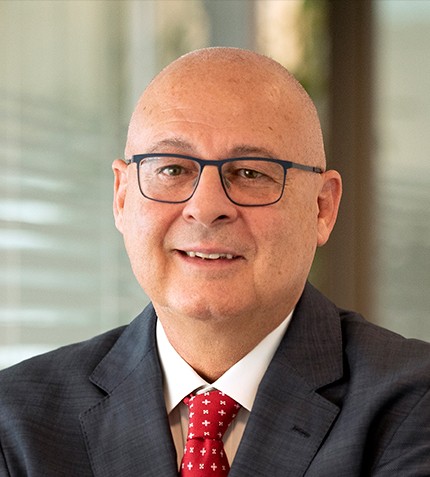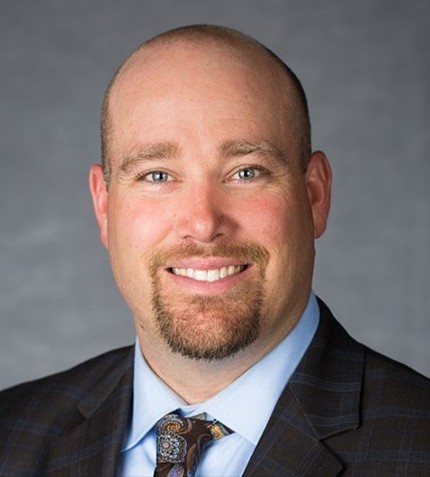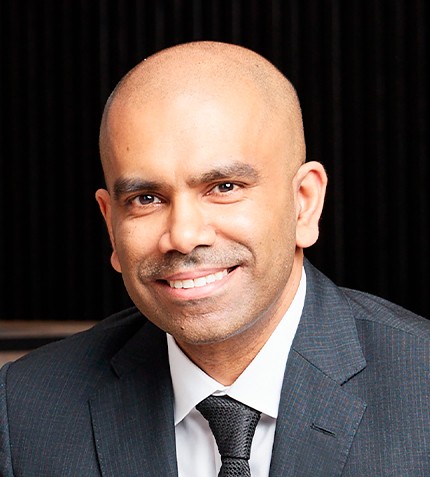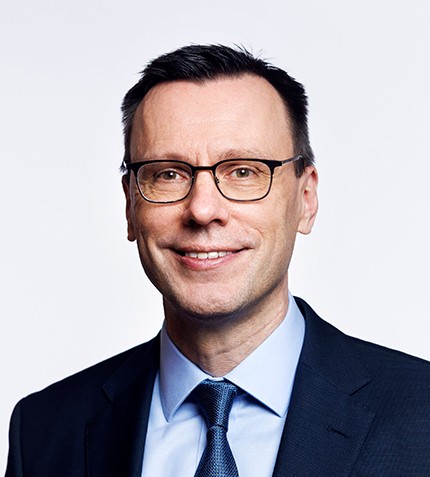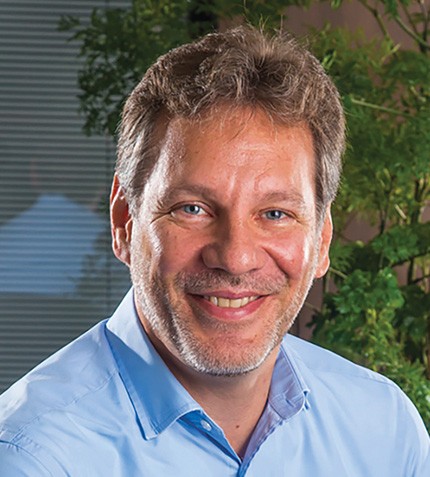
"We are the largest independent port terminal operator in Brazil with a presence in six of the relevant ports along the coast, and a footprint of 955,000 cubic meters (m3)."
Décio Amaral
PRESIDENT, ULTRACARGO
Can you introduce Ultracargo and the company’s capacity and footprint in Brazil?
Ultracargo is part of the diversified Ultra group of companies. We have been in the market for 56 years and have a long history of terminals and road logistics operations. Today, Ultracargo focuses solely on managing port terminals. We are the largest independent port terminal operator in Brazil with a presence in six of the relevant ports along the coast, and a footprint of 955,000 cubic meters (m3) spread across these different locations. Our largest terminal is at the Port of Santos – a multi-cargo terminal handling corrosives, chemicals, fuel and bio fuels with a footprint of 297,000 m3. The Port of Aratu in Bahia is our second largest terminal, followed by the Port of Suape. Our newest terminal is in Vila do Conde, Pará, a state that lacked storage capacity for liquids. Alongside our Terminal in Itaqui, in the state of Maranhão, which contains a vital rail connection, we have extended our reach throughout the North and Northeast of the country. We have also led the way in investments in the sector with over R$1 billion spent over the last five years in expanding capacity, renovations, modernization, security, automatic detection systems, fire systems and automation.
Which of the company’s bulk storage, logistics and supply chain solutions cater to the chemicals sector?
In terms of chemicals specifically, we renovated part of our park to better handle large volumes of phosphoric acid, due to a large demand for it to go into food production and animal feed. In 2021, chemical products accounted for about 56% of movement our terminal in Aratu, 29% at Suape and 16% at Santos. Large clients like Braskem are a good example of the type of companies that Ultracargo can support, as they operate across the country and we are able to integrate their operations with ours across the different areas they serve.
At Aratu, Ultracargo is expanding its tanking facility in response to increased petrochemical activities in the region. We are also certified as an authorized economic operator which facilitates imports and exports for our clients by reducing turnaround times for customs and other bureaucratic processes at the ports.
On the topic of sustainability, can you explain how Ultracargo has managed to decrease water use?
We have invested in reducing our fresh water use and invested heavily in rain water capture solutions, including developing a method to reduce water consumption by more than 90% and eliminate waste when cleaning storage tanks. Previously it was a process that carried some risk related to working at heights, we had byproducts that had to be disposed and a lot of water was used in the cleaning process. One of the things we are most proud of was that the idea of this new method, which reduced water use for tank cleaning from about 1,000 liters (L) to 80 L and only requires two people to operate, came from our facility staff. Furthermore, the waste water produced is more treatable.
What is the company’s mission and vision for the next three years?
Ultracargo is in the process of migrating from being a storage provider to becoming a logistics solution provider. Our goal is to understand our clients challenges and logistics chains, be it in chemicals or fuel, and help them unlock value. This means not being limited to terminals but being able to operate in the interior of the country. In order to accomplish this, we will continue making the necessary investments to reduce logistics costs, encompassing everything from loading and unloading systems to the new pier at Aratu for larger ships. This will allow us to receive larger vessels thus driving down costs by increasing volume. Connecting our terminals to more efficient transportation modes is also important in our strategy. Rail connections, for instance, allow us to help our clients to supply central areas of the country in a more effective and sustainable way. That is why we plan to build a rail extension in Santos, connecting our terminal to the main railway line that reaches Brazilian Midwest.




